In anticipation of an upcoming election virtually assured to be won by Vladimir Putin, he recently outlined budgetary priorities stretching until 2030—extending beyond the typical five-year plans introduced by Joseph Stalin, whose lengthy leadership tenure Putin is poised to surpass.
During his address last month, Putin focused more on social programs than on the ongoing conflict in Ukraine, which is increasingly shaping the nation’s economic landscape and governance.
Among his objectives is addressing Russia’s demographic challenges, with a stated goal of raising life expectancy to 78 by 2030. However, experts foresee potential hurdles ahead, including possible heightened repression, economic struggles, and territorial ambitions toward Ukraine and other neighboring nations.
Economic endeavors under Putin’s plan entail significant spending, with estimates reaching up to 15 trillion rubles ($164 billion) by 2030, according to Bloomberg. This allocation includes substantial funds for healthcare, education, and childcare facilities. Nonetheless, given Russia’s population size of approximately 140 million, concerns arise regarding the adequacy of these projections.
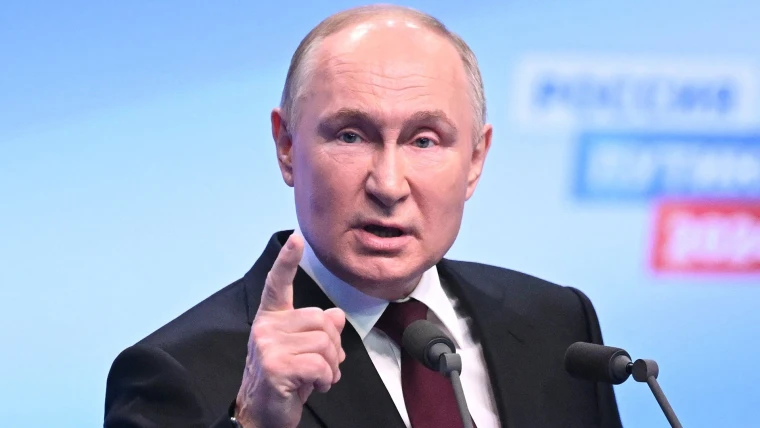
Russian opposition figure Aleksei Miniailo highlighted a noteworthy shift in budgetary priorities, noting that military and law enforcement expenditures have surpassed social spending for the first time since the Soviet era. Miniailo underscores a prevalent sentiment among Russians, with the majority expressing a desire for governmental focus on domestic affairs over external conflicts like the war in Ukraine.
Putin’s recent addresses have also been marked by criticism of the West, with warnings of Russia’s preparedness to utilize nuclear weapons and condemnations of perceived interference in U.S. elections. Observers speculate on the potential implications of future U.S. elections, particularly regarding the conflict in Ukraine and Putin’s strategic objectives.
Experts predict a challenging outlook for Russia under continued Putin rule, foreseeing further isolation and internal repression. While Putin denies expansionist ambitions beyond Ukraine, his strategies aim at maintaining influence and division within Ukraine, discouraging its integration into Western alliances.
Anticipated outcomes of Putin’s extended term include heightened repression domestically and continued efforts to suppress dissent, alongside economic strains exacerbated by ongoing sanctions and casualties from the conflict in Ukraine.
Despite an anticipated electoral victory, Putin’s grip on power remains precarious, with ongoing societal tensions and economic challenges threatening his rule. Critics argue that there is no clear exit strategy for Putin, as the nation grapples with internal and external pressures, including the unresolved conflict in Ukraine and the enduring effects of repression.


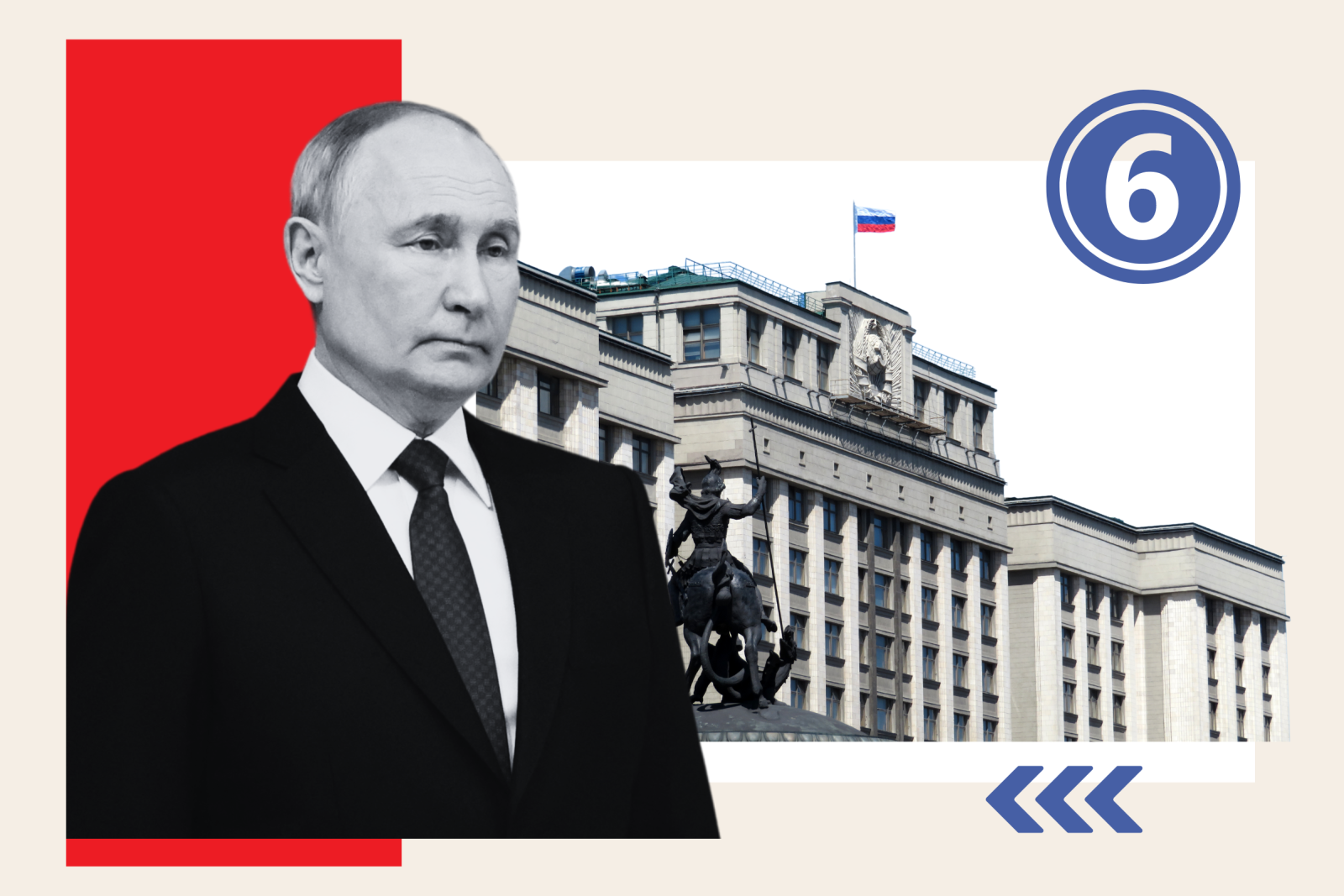
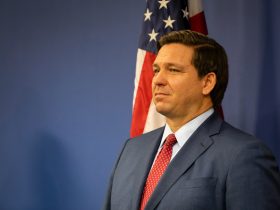

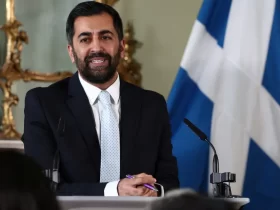
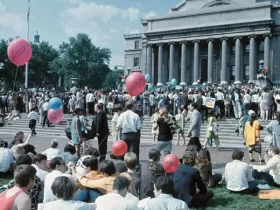


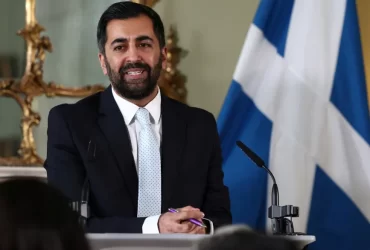
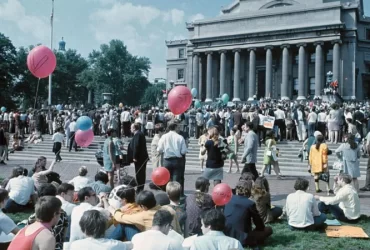
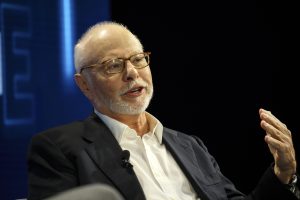


Leave a Reply